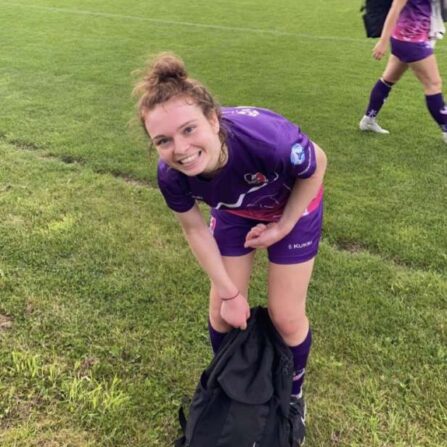
Meadow B.
Sport and Exercise Science (BSc)Which university are you studying at?
Loughborough University.
What subjects and qualifications did you take at school or college (e.g. A Levels, IB, BTECs, EPQ)?
My A-levels were Physical Education, Religious Studies and Sociology.
Why did you decide to pursue this degree at university?
I loved both the practical and theoretical side of sport and was really keen to learn more about the different disciplines that contribute to the sport and exercise science field. I was particularly interested in going into more depth than was offered in the PE A level and this degree was perfect for this.
What does an average day or week at university look like for you (e.g. lectures, practicals, independent study, other interests)?
An average week at university would usually include around 6 lectures, usually an hour each, sometimes two. I would usually have a seminar or two every three weeks and a practical (laboratory) every three weeks, which usually lasted two hours. Sometimes, there may be two practicals every three weeks depending on the modules chosen. With each lecture, seminar and practical there will always be associated reading that needs to be done. Outside of my course, I play football six days a week.
What aspect of your course do you most enjoy?
My favourite thing about my course is meeting different people who have different sporting backgrounds, whether that be more recreationally or at the elite level, for both participating, coaching and officiating. On top of this, the multidisciplinary aspect of sport and exercise science is incorporated really well into the course and you get to learn about many different areas, and you can then choose which areas to continue with in your second and third year.
What do you find most challenging about your degree?
The greatest challenge I have faced while studying, besides the pandemic, would be note-taking from reading research articles. I found this difficult in my first year as it was not something I had done at school, so I found myself re-writing the whole article, which was both time consuming and ineffective when it came to revision. As I have progressed through my degree I have found this process has become much easier.
What are your aspirations after your degree?
After graduating, I would like to do a Master’s course in physiotherapy to become a qualified physiotherapist and work in the NHS.
What would be your top piece of advice for anyone wanting to study sport and exercise science?
Be open to learn new things and don’t jump to conclusions that you won’t be good at a particular area of the course or will dislike it. I found that my interests have completely changed throughout my degree and had a consequent impact on my career aspirations. During my PE A level, the sociology and psychology aspect of the course was my favourite and strongest area, but during my degree this has switched to physiology and kinesiology.
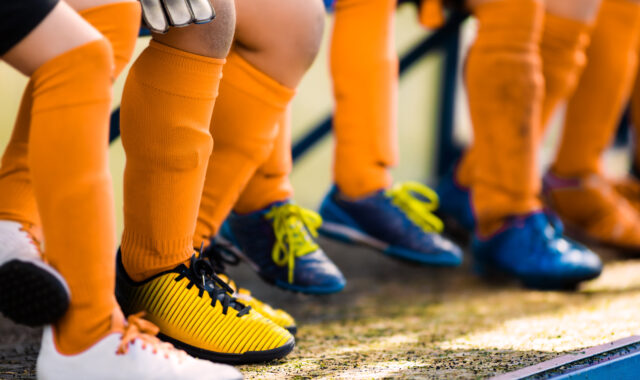
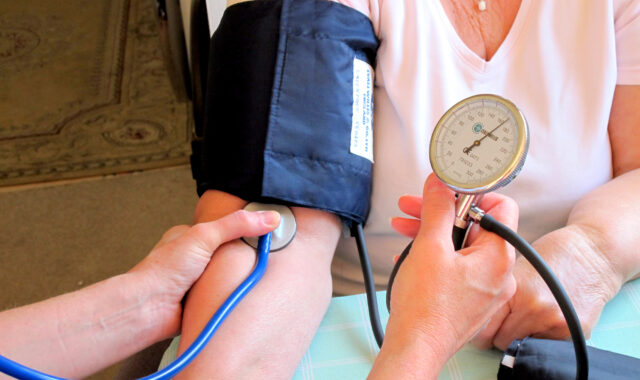
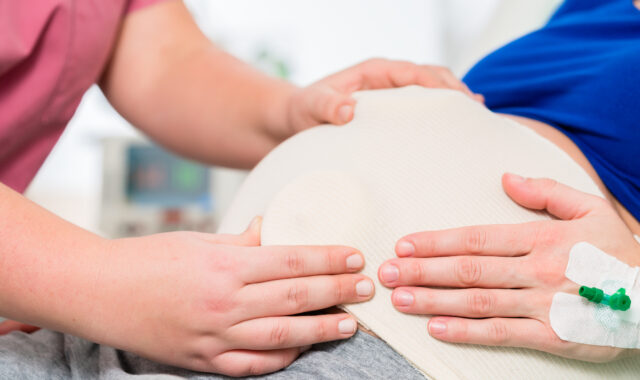

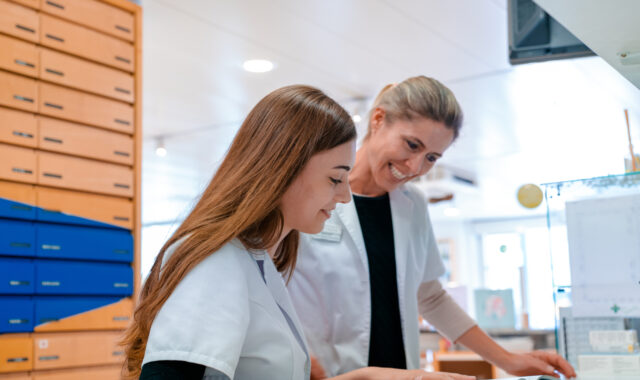
Comments